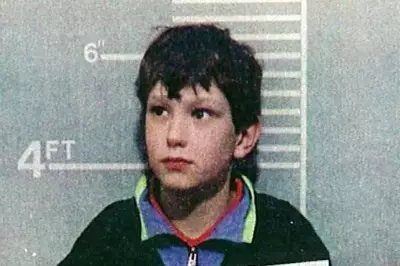
In a case that has shocked the community and beyond, a mother from Braintree, Essex, has been exposed for orchestrating an elaborate deception, falsely claiming her children were dying from terminal illnesses to exploit public sympathy and pocket nearly £80,000 in donations.
The Heartless Deception Unravels
Emma-Jane Kurtz, 44, spun a web of lies so convincing that friends, family, and even her own children believed they were facing life-threatening conditions. The court heard how she fabricated medical documents and created fake hospital profiles to maintain the cruel charade.
The scheme began to collapse when suspicious donors started asking questions about where their money was actually going. Instead of funding life-saving treatment as promised, Kurtz was spending the donations on luxury holidays, new cars, and home improvements.
How the Scam Operated
Kurtz employed multiple methods to deceive donors and extract money:
- Created fake GoFundMe pages claiming her children needed urgent cancer treatment
- Fabricated medical letters and hospital appointment cards
- Shared heartbreaking stories of her children's supposed deteriorating health
- Organised fundraising events where she played the grieving mother
- Even convinced her children they were seriously ill
The Emotional Toll on Victims
The impact of Kurtz's actions extended far beyond financial loss. "The psychological damage to her children and the betrayal felt by those who genuinely wanted to help is immeasurable," said Detective Inspector James Gray, who led the investigation.
Friends who had organised fundraising events described feeling "violated and used" upon discovering the truth. Many had dipped into their own savings, believing they were helping save children's lives.
Justice Served
After pleading guilty to three counts of fraud by false representation, Kurtz has been sentenced to two years and four months in prison. The judge described her actions as "a calculated and cruel deception that preyed on the very best of human nature."
This case serves as a stark warning about the importance of verifying charitable causes before donating, particularly through online platforms where fraudsters can easily create convincing fake campaigns.





